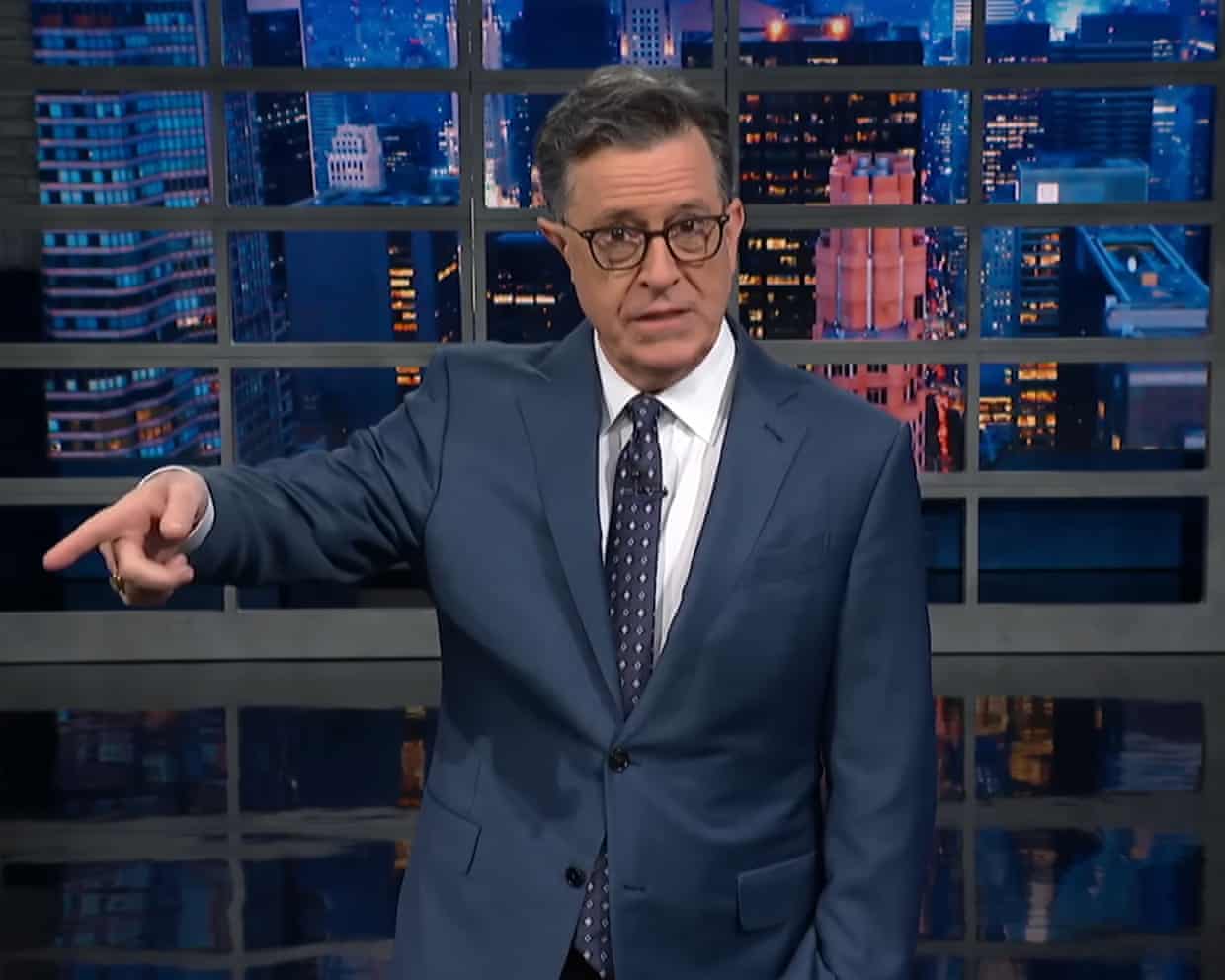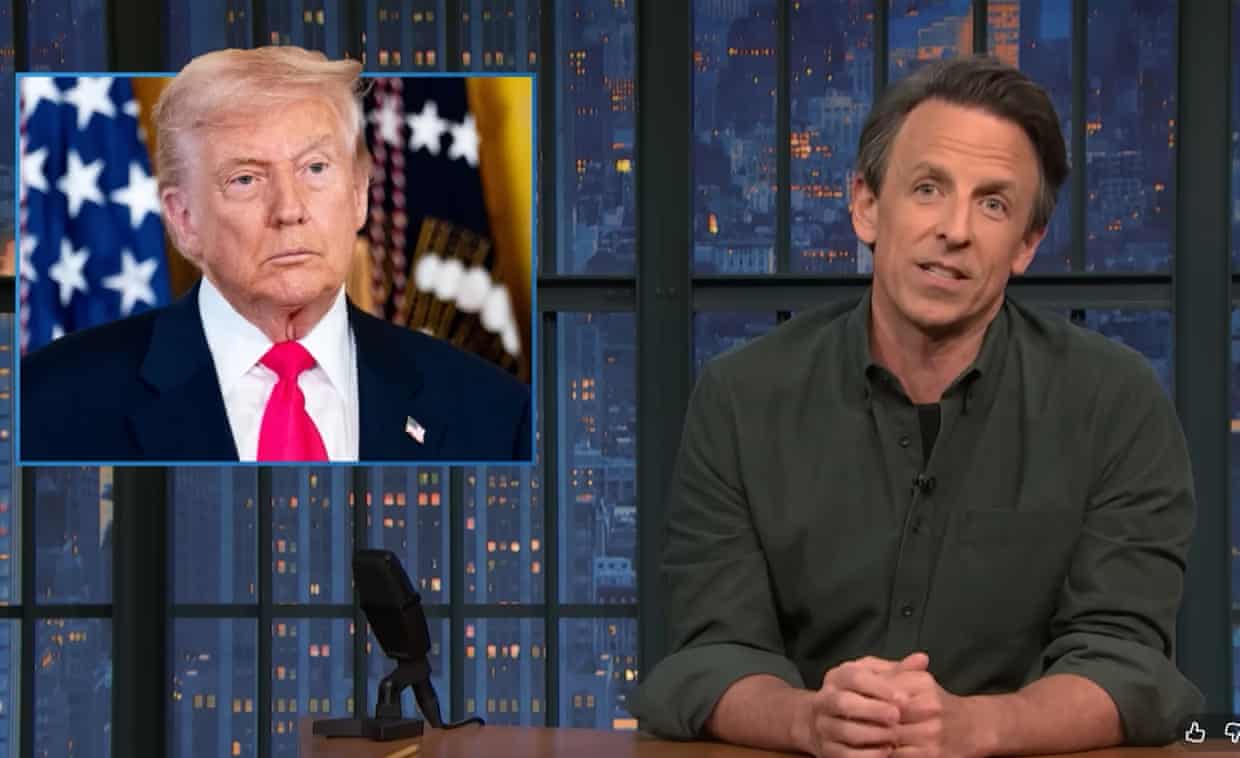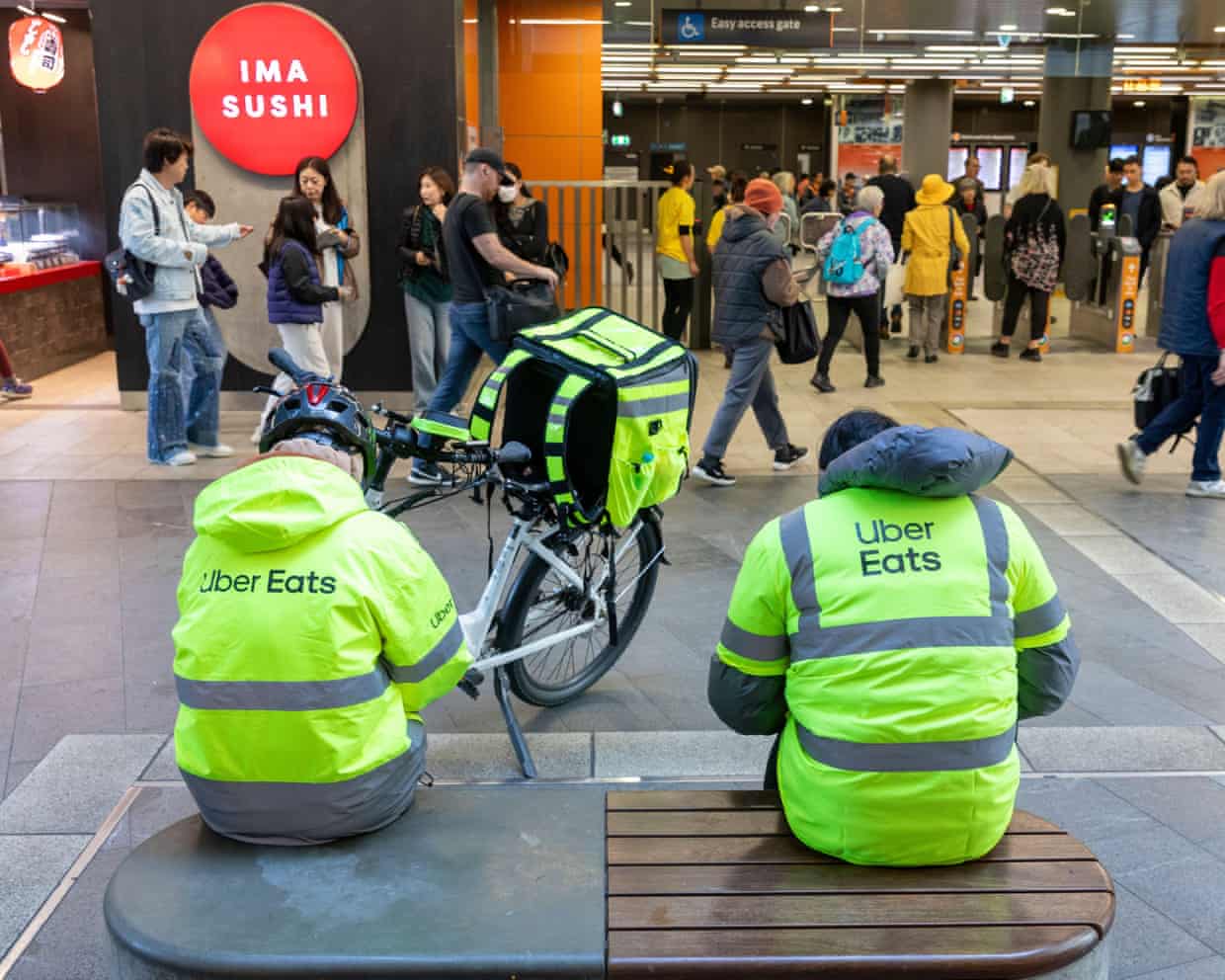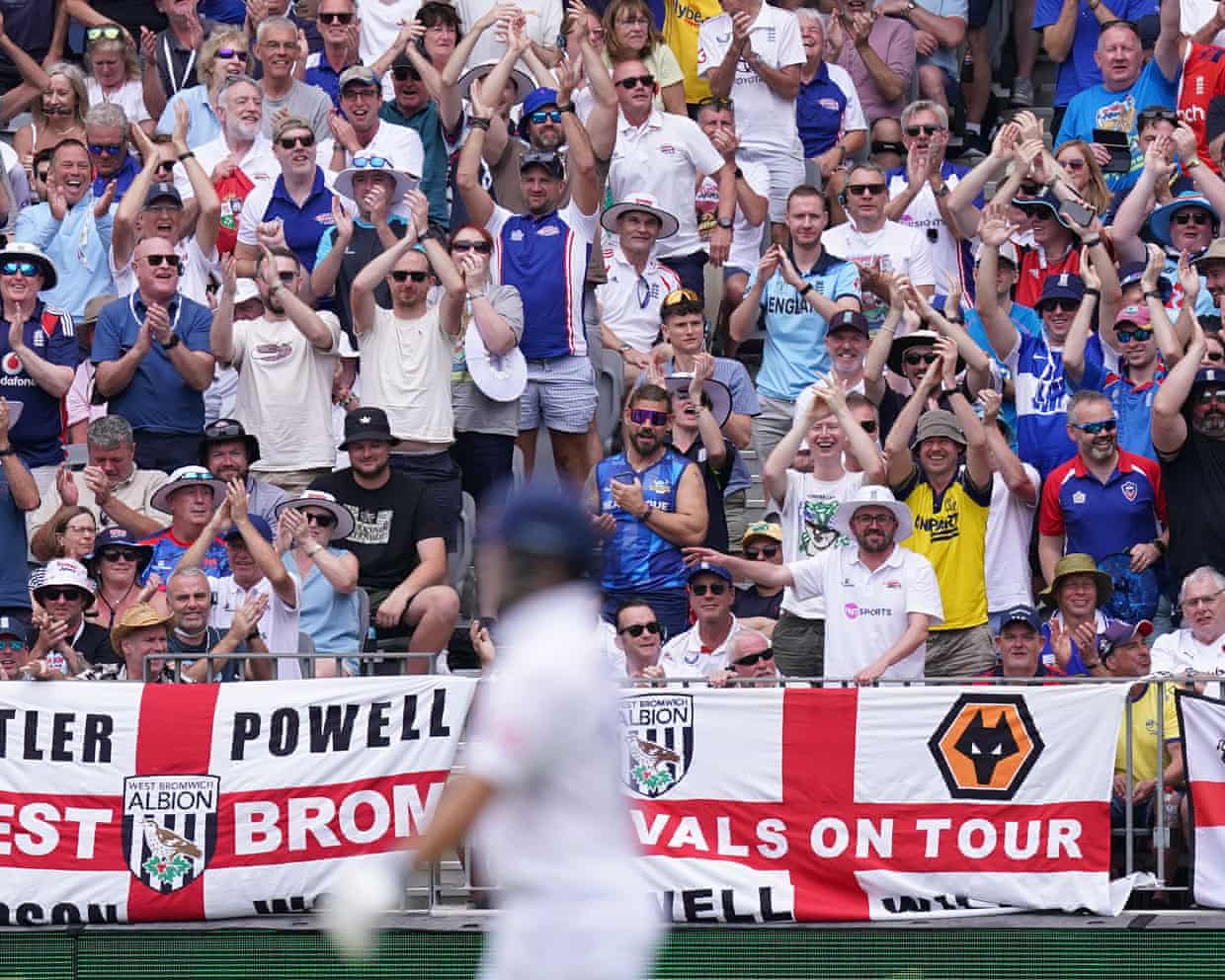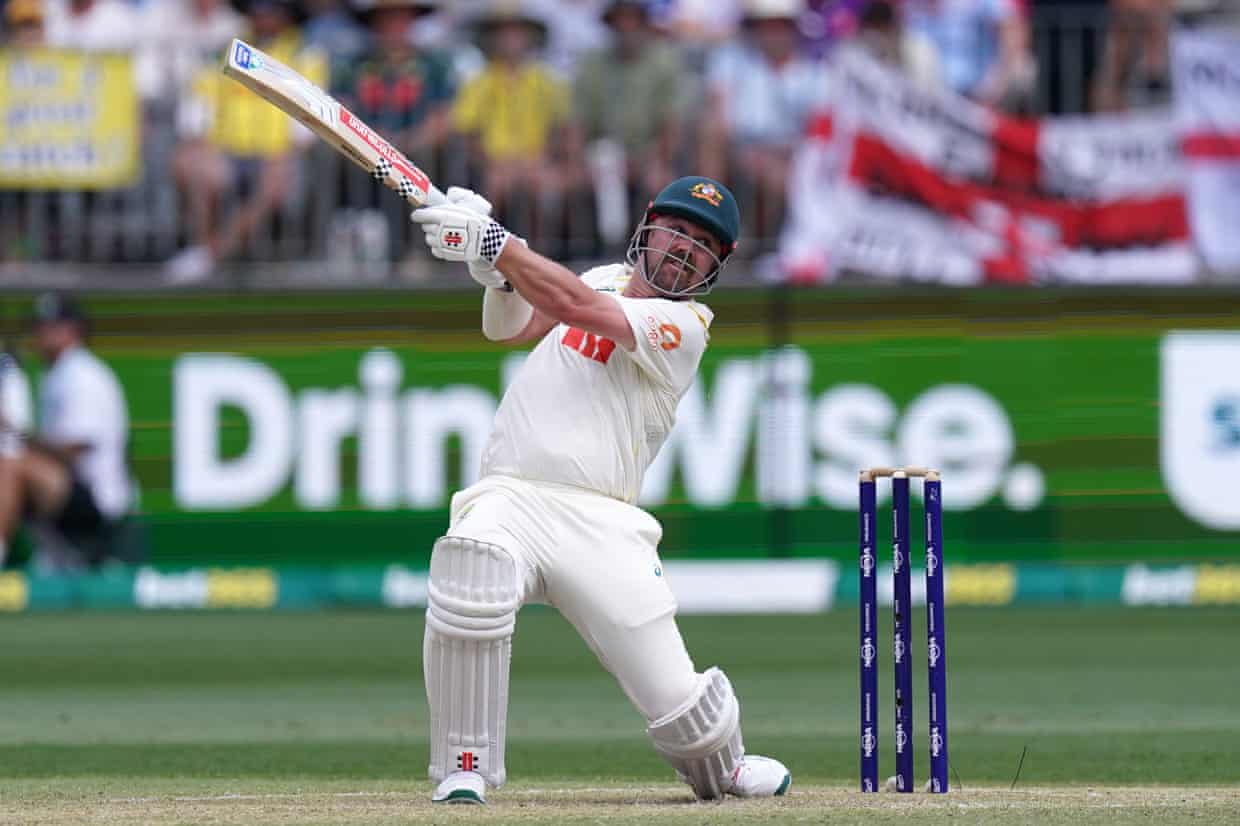UK politics: Risk of Maccabi Tel Aviv facing antisemitic attacks not ‘predominant’ reason for match ban, police tell MPs – as it happened
MPs have been told that the risk of antisemitic hate crime was not the “predominant” reason why West Midlands police wanted to ban Maccabi Tel Aviv fans from attending the Europa League match at Aston Villa.Mike O’Hara, WMP’s assistant chief constable, said in a letter to the Commons home affairs committee that the threat of violence by Maccabi fans was a more important consideration.The letter, which has been published this afternoon by the committee, confirms reporting by the Guardian last month which said that the fans were banned “after police intelligence concluded the biggest risk of violence came from extremist fans of the Israeli club”.Keir Starmer and other political leaders reacted with outrage after the ban was first announced in October.Starmer suggested the police were accepting they would not be able to protect the Maccabi supporters from antisemitic violence, and he said: “The role of the police is to ensure all football fans can enjoy the game, without fear of violence or intimidation.
”In the Commons Lisa Nandy, the culture secretary, did not contest this intrepretation, saying that the police wanted to ban Maccabi fans “in no small part” because of the risk they faced being Jewish.Ministers tried to get the police, and Birmingham city council’s safety advisory group (which took the final decision based on police advice), to reconsider.But these efforts proved fruitless after Maccabi decided not to apply for tickets for its fans anyway.In his letter to the committee, O’Hara says:West Midlands police identified the potential for antisemitic incidents in connection with the fixture.While the risk of antisemitic hate crime was acknowledged as a relevant concern, it was not assessed to be the predominant threat.
The principal risks outlined in the force’s assessment included spontaneous public disorder, antisocial behaviour, organised protest activity, and violence involving risk supporters affiliated with Maccabi Tel Aviv.The cumulative impact of these factors led to the fixture being classified as high risk, with antisemitism recognised as one of several contributing elements.In his letter, sent in response to questions posed by the committee, O’Hara also presents WMP’s assessment of the conduct of Maccabi fans at a match against Ajax in Amsterdam in November 2024.He says:Intelligence indicated that, on the day preceding the fixture, between 500 and 600 Maccabi fans deliberately targeted Muslim communities, committing hate-motivated offences including serious assaults on Muslim taxi drivers, singing hate fuelled songs and tearing down Palestinian flags.Dutch police described the Maccabi Tel Aviv risk group as highly organised and experienced in violent confrontation.
On match day, there were widespread incidents of vandalism, assaults, and running street battles.The Dutch police response saw 5,000 officers deployed over a number of days and mass arrests were made from both sides.Yesterday the Sunday Times published a report quoting Dutch police as saying that this intelligence cited by WMP was wrong.For example, the police said that only 1,200 officers were deployed in total, and they questioned the claim that up to 600 fans deliberately targeted Muslim communities.The report has prompted the Tory MP Nick Timothy to table an urgent question on this in the Commons which will start after 4pm.
(See 1.05pm.)Michael Prescott, the BBC adviser who wrote the memo about the Trump speech edit that led to the resignation of the director general, has told the Commons culture committee that he does not think the corporation is institutionally biased.The hearing is still taking place.Frances Mao is covering the hearing on a separate live blog.
Two long-serving peers are to be suspended from the House of Lords after a parliamentary watchdog ruled that they had broken lobbying rules.Peter Kyle, the business secretary, has opened the door to bosses to influence Labour’s landmark changes to workers’ rights, amid boardroom fears over jobs and growth.Rachel Reeves is expected to reveal in this week’s budget that the UK’s economic growth forecasts have been downgraded in each of the next five years despite her efforts to boost output.MPs have been told that the risk of antisemitic hate crime was not the “predominant” reason why West Midlands police wanted to ban Maccabi Tel Aviv fans from attending the Europa League match at Aston Villa.(See 2.
24pm.)For a full list of all the stories covered on the blog today, do scroll through the list of key event headlines near the top of the blog.Zia Yusuf, head of policy for Reform UK, told the CBI conference during a Q&A that Britain should be more welcoming to wealth and to job creators, Sky News reports.He said many people view Britain as it is now as uninvestible.In response to his appearance, the Conservative party posted this on social media.
No TV coverage and a half empty hall.If Zia Yusuf addresses the CBI and no one hears it...did it really happenKeir Starmer has been accused of “pure hypocrisy” by the Tories over his involvement in the appointment of a Labour donor as chair of England’s football regulator, PA Media reports.
PA says:David Kogan donated £2,500 to the prime minister’s local Labour branch of Holborn and St Pancras in May 2024 and had also donated to Starmer’s Labour leadership campaign in 2020.A £2,900 donation was also made to culture secretary Lisa Nandy in 2020, when she was running for Labour leader.Starmer has previously expressed his “sincere regret” over his decision to confirm he was content with the appointment, telling his independent standards adviser Sir Laurie Magnus he made an “unfortunate error”.In an urgent question to the Commons this afternoon, shadow Cabinet Office minister Alex Burghart called for “full transparency”.He pointed to section 1.
6.F of the ministerial code which requires ministers to ensure no conflict of interest arises or could reasonably be perceived to arise.“In the case of David Kogan and the prime minister, it is clear that a perceived conflict has arisen,” Burghart said.He added: “Full transparency is required.How much money did the prime minister receive from Mr Kogan?“We also had the absurd situation of the prime minister clearing the culture secretary of wrongdoing in this case, despite the fact that the prime minister should have recused himself.
How did this happen?“Over the weekend, the prime minister said that ministers know that if there is any issue, they must refer themselves to the independent adviser.Has the prime minister referred himself? If not, why not? Surely the house will see that this is pure hypocrisy otherwise.”Cabinet Office minister Josh Simons replied: “Things happen in politics, things go wrong and people misbehave, but the difference between us and them is that whenever something’s come up, we have always followed processes and then acted.“That’s why the prime minister has strengthened the Ministerial Code and put public service at its heart, and he has strengthened the role of the independent adviser.”Sarah Jones, the policing minister, has told MPs that the Home Office has ordered a review into the way the police assess whether or not there is case for banning fans ahead of a football match.
It will be carried out by HM Inspectorate of Constabulary and Fire and Rescue Services.She was speaking in the Commons in response to an urgent question about the decision to ban Maccabi Tel Aviv fans from a Europa League match.(See 2.24pm.)Jones said the review would consider whether police advice on these decisions takes into account all relevant factors, including the impact on wider community relations.
Nick Timothy, the Conservative MP who tabled the UQ, said the ban on Maccabi fans was a “disgrace”, and the justification given by the West Midlands police for it was based on a “fiction”.He cited the report by Gabriel Pogrund in yesterday’s Sunday Times as evidence for this.He urged the government to publish all intelligence relating to the decision.In response, Jones said there were wider lessons to be learned from this case.That is why the home secretary has called for a review, she said.
The review will report next year, she said.Referring to the Sunday Times report, she said she had written to West Midlands police asking for clarification as to what happened.And she said the Commons home affairs committee is investigating this too.Some 47% of people think freezing income tax thresholds would be a breach of the Labour manifesto, More in Common polling suggests.(See 4.
31pm.)They include Helen Miller, director of the Institute for Fiscal Studies thinktank.Asked if freezing thresholds would amount to a tax rise, she told Radio 4’s the Westminster Hour last night:Absolutely yes.And I mean it’s also – fun fact for you – assuming that it’s done the same way that it’s been done so far, it will also be a freeze in national insurance thresholds, it will therefore also be an increase in national insurance, and if so in my mind it would also break the letter of the manifesto, which said no increase in national insurance.It might not be as salient as a rate rise, but the chancellor would raise something in the order of £8bn to £9bn through freezing thresholds.
That’s very obviously an increase in tax on people who are working.More in Common has released some new polling today on attitudes to the budget.None of the findings are very encouraging for Labour.Here are five of the more interesting findings.1) Only people earning about £100,000 a year or more are optimistic about the budget, the poll suggests.
2) Around two thirds of Britons think Rishi Sunak or Jeremy Hunt would do a better job as chancellor than Rachel Reeves, the poll suggests.Even among Labour voters, 40% of them say Hunt would be better.3) Britons says breaking the manifesto tax pledge would be worse than Partygate, the poll suggests.4) Almost half of Britons would see freezing income tax thresholds (something Reeves seems almost certain to do) as a breach of the Labour manifesto, the poll suggests.5) Britons favour spending cuts over higher taxes for working people by a margin of two to one, the poll suggests.
Haroon Siddique is the Guardian’s legal affairs correspondent.A former security services chief has said it is wrong that people have been branded terrorists for allegedly holding up signs supporting Palestine Action.More than 2,000 people have been arrested on suspicion of showing support for Palestine Action since the ban on the direct action group under the Terrorist Act took effect on 5 July, placing it alongside the likes of Islamic State and Boko Haram.Most are accused of holding signs saying: “I oppose genocide, I support Palestine Action.”Speaking ahead of the legal challenge to proscription of Palestine Action, which is due to begin on Wednesday, the former global counter-terrorism director of MI6, Richard Barrett, said:What those people were doing holding up placards could not be considered a threat to national security, in my view, and therefore there shouldn’t have been a legal framework which allowed those terrorist charges to be brought against them.
I think those protesters just calmly holding placards were also demonstrating that they had lost trust in the system of government and the processes in which the government might declare a group [to be] terrorist and proscribe it.If the law is not working, one should look quite carefully at why it’s not working and this law is not being respected, then one should look quite carefully at the whole process involved.On the face of it, the police were doing their duty [by arresting them] but I can’t think many police would have thought that’s the best use of their time.The judicial review of the decision to ban Palestine Action was supposed to start tomorrow but has been postponed by a day due to one of the lawyers being ill.Barrett is part of an independent counter-terrorism commission set up by the Bingham Centre for the Rule of Law, which published its report earlier this month.
The Home Office has consistently responded to criticism of the ban by saying that supporting Palestine is not the same as supporting a proscribed terrorist organisation.Keir Starmer “significantly increased” the risks associated with the Maccabi Tel Aviv Europa League match at Aston Villa when he denounced the ban on its fans, the West Midlands police and crime commissioner (PCC) has said.Simon Foster, who is a Labour PCC, criticised the PM in a letter to the Commons home affairs committee today, published alongside a letter from the West Midlands police (WMP).(See 2.24pm.
)Foster and WMP were both replying to questions submitted by the committee.But, in his reply, Foster suggests, “respectfully”, that the committee should also be asking questions of other people, including Starmer.Foster says:It is undeniable that the prime minister’s intervention significantly increased the risks associated with the fixture, by not only criticising the decision, but also confusing who actually made the decision – it was not the police – and implying, that the decision was related to, or even motivated by, antisemitism.The committee might usefully inquire of the prime minister as to the process via which he acquainted himself with the facts and the evidence, before he concluded the decision was wrong and then decided to make such an intervention and in particular, what advice he received before doing so and what led him to use the form of words he did.Foster also said that, when Starmer posted a tweet saying that banning Maccabi fans was wrong because it suggested that antisemitism was being tolerated, he implied that the government was not aware that WMP was likely to recommend a ban.
But the Home Office had been told about that the previous week, Foster said.Foster also said that Starmer was implying with his tweet that WMP was willing to accept antisemitism.Foster went on:The prime minister’s post could be interpreted as asserting that the advice given by WMP, or indeed the [safety advisory group’s] decision, were motivated by antisemitism.These are grave accusations.The prime minister has provided no evidence to support this assertion and again I submit, this question could be put to the prime minister and officials.
Foster said that when the match did go ahead, it passed off relatively peacefully.But the policing operation cost £2m, he said.He said WMP should get a grant to compensate for this.The Commons culture committee hearing where Samir Shah, the BBC chair, Sir Robbie Gibb, the former Tory spin doctor who sits on the BBC board, and Michael Prescott, the adviser who wrote the memo that has encouraged Donald Trump to sue the corporation for at least $1bn, is starting at 3.30pm.
Frances Mao is covering it on a separate live blog which you can read here.Sally Weale is the Guardian’s education correspondent.The government’s planned levy on international student fees, details of which are expected to be fleshed out in this week’s budget, would constitute a tax on a major UK export, a leading thinktank has warned.The Institute for Fiscal Studies (IFS) called on ministers to explain the economic rationale behind the controversial surcharge, which vice-chancellors have warned will leave many already struggling universities even worse off.In a new analysis of the government’s recent post-16 education and skills white paper, the IFS said:The government has not yet set out any strong economic rationale for the introduction of an international student levy


